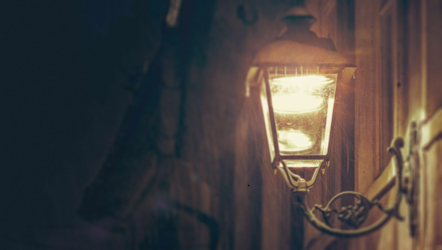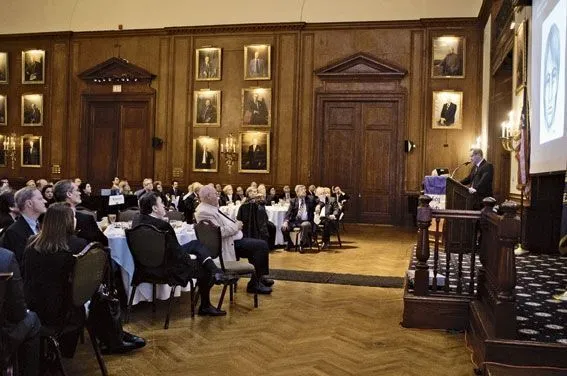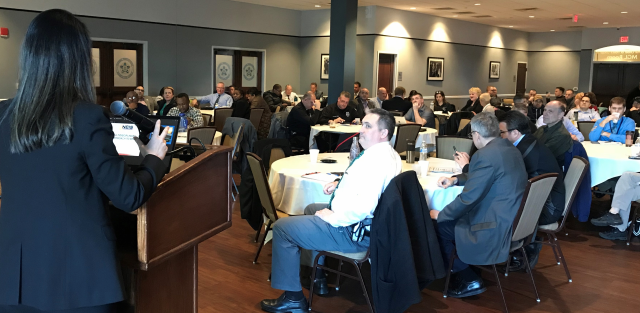Serving law enforcement nationwide since 1990


Sometimes even the most skilled investigators can benefit from working with a fresh set of eyes via the collective experience of scores of seasoned professionals. For more than 30 years, the Vidocq Society has provided pro bono expert assistance to law enforcement agencies across the United States as they work to solve their cold case homicides. The Society does not conduct independent investigations; rather, we act as a catalyst and assist law enforcement agencies only at their invitation.
The US Dept. of Justice’s National Institute of Justice has named the Vidocq Society as a source in its latest publication entitled “National Best Practices for Implementing and Sustaining a Cold Case Investigation Unit”. The journal can be obtained at the National Institute of Justice website.
Here is an excellent NIJ video about the importance and impact of Cold Case Units.
If you represent a law enforcement agency with investigative jurisdiction over such a case and would like fellow professionals to review the evidence and provide knowledgeable guidance, please contact us using the Law Enforcement contact page.
The Society was founded in 1990 in Philadelphia, PA, to assist homicide investigators in the resolution of long unsolved homicides. Our all-volunteer team of forensic experts and investigators serve to assist law enforcement in solving difficult cold cases. Our members include criminologists, forensic scientists, medical examiners, genetic DNA experts, behavior analysists, physicians, psychiatrists, psychologists, anthropologists, toxicologists, entomologists, wildlife biologists, forensic photographers, firearm examiners, chemists, linguists, active and retired law enforcement agents, prosecutors, polygraph examiners and others with broad experience in advancing the investigation of these cases.
Our members act as confidential consultants to police agencies with investigative jurisdiction only when such an agency requests our assistance. The investigation always remains under the full control of the investigating agency. Neither the Society nor its members seek public recognition or compensation for their work.
We do not conduct independent investigations.
We do not work directly with family or friends of the deceased or with other interested persons.
The assistance offered by the Vidocq Society can take several forms. Most often, once a case is accepted by the Vidocq Society, the lead investigators are invited, at the Society’s expense, to present their case to our members at one of our monthly luncheon meetings in Philadelphia, where our members pose questions and offer suggestions. Following the meeting, through the Society, many members offer their time and expertise to review additional materials and offer additional guidance.
Where necessary, when invited by the investigating agency and with the advance approval of the assigned prosecutor, members can travel – at the Society’s expense – to the jurisdiction to obtain a better understanding of the evidence in the case and to offer additional insight and suggestions for advancing the investigation of the case. On-site assistance may be provided even where a case has not been presented at one of the Society’s monthly meetings.

The Society can also offer forensic assistance including, as examples, DNA testing, blood pattern analysis, review of an autopsy report and its accompanying photographs, study of polygraph charts and 911 call analysis. In all cases, opinions provided by the members are their own and are not formally or legally binding on the Vidocq Society.

The Vidocq Society conducts cold case homicide seminars on a regular basis, often sponsored by a law enforcement agency or college criminal justice program. We work with the host agency to develop a seminar based on their particular needs. Our members share their expertise with the attendees by reviewing one or more cold case homicides selected by the host agency. Attendance is limited to credentialed law enforcement and homicide prosecutors. There is no charge to the host agency; however, on occasion, the host agency will help to defray our costs through the use of grants and training funds.
Because all of our members are volunteers, our resources do have limits. As a result, not all cases submitted to the Vidocq Society can be accepted.
Some specific criteria applicable to all cases are:
The law enforcement agency with investigative jurisdiction must invite the participation of the Vidocq Society and agree to work with the Society to maximize the benefit it receives from the Society’s efforts.
If you think that your case meets these requirements, please contact us.
The Vidocq Society’s assistance to law enforcement necessarily involves the review and analysis of case materials such as reports, statements and physical evidence. The confidentiality and security of these materials are of paramount importance.
In accordance with the Vidocq Society’s security protocol, all requests by law enforcement for assistance must be made through the Vidocq Society Case Managers. Similarly, all responses by the Society’s members must also be channeled through the Case Managers.
This applies both to the Vidocq Society members assisting on a particular case as well as to individual members who have volunteered their forensic skills relevant to the case. All Vidocq Society members sign an ethics statement each year setting forth, among other things, the requirement for strict confidentiality regarding our work. In addition, all written responses will contain a prescribed caveat cautioning that information contained in the document or report is privileged and confidential and furnished solely for the use of the detective and/or investigator in connection with his/her case.
The Society provides an additional layer of security by employing a simplified protocol for transmitting case documents by both members and law enforcement. This protocol enables the Society to securely store and share sensitive case material and members’ analyses and recommendations. The protocol is managed by the Vidocq Society’s Chief Information Security Officer (CISO) and its use is mandatory when transmitting sensitive information related to case management.
The Vidocq Society acts as confidential consultants to law enforcement agencies with the hope of assisting authorities in solving difficult cold cases that have been ruled a homicide or where there is strong evidence indicative of a homicide.
Therefore, if you are a friend or family member of someone who has been murdered and you are seeking help in moving an active investigation or reviving a dormant one, you should NOT contact the Vidocq Society directly. We have found some success in the past if a family member of a victim approaches the department with jurisdiction, advises them of our mission and requests that they contact the Vidocq Society.
If you believe that there is a problem with the investigation consider going to the next higher level within your jurisdiction, or a corresponding agency such as the state police. The Vidocq Society will never become involved in a case unless the investigating agency requests our assistance.